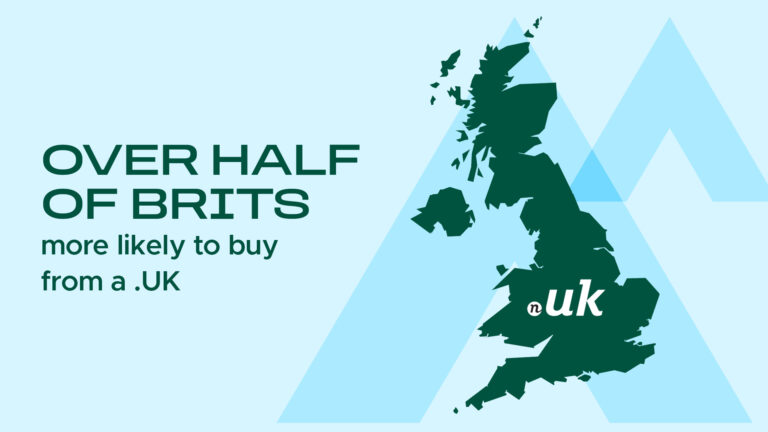The collaboration between mcl finance and Shawbrook Bank has reached a new milestone, with a 50% increase in the senior debt facility secured through the renewal of their partnership.
Since joining forces in December 2022, the pair have supported over 1,000 UK-based SMEs, enabling greater access to vital credit and working capital. Shawbrook’s decision to increase the facility reinforces its confidence in mcl finance’s ability to scale and deliver.
Founded by Dovi David in 2019, mcl finance has rapidly expanded, doubling in size each year thanks to its strategic investments in technology, data-driven credit decisions, and tailored financial solutions. The funding boost will underpin further growth, including new deals, global expansion, and product evolution.
The extended agreement brings increased capacity, with improved terms across key metrics—a reflection of strong financial performance and aligned long-term ambitions.
Liam McGall, Associate Director of Speciality Finance at Shawbrook said: “mcl provide fast and flexible finance options for the underserved SME market and continue to go from strength to strength in this market. The growth demonstrated since our relationship commenced in 2022 in all aspects is a key driver for our continued support.
“At Shawbrook, we pride ourselves on supporting existing businesses to reach their growth potential by constantly improving our funding lines, with this increase to mcl an example. We are excited to watch their continued success.”
Joseph Tucker, CFO at mcl finance said: “We are committed to supporting the SME sector by making access to finance faster and smoother. The expansion of the funding line with Shawbrook will allow us to do exactly that, as we continue to innovate and find smarter ways to provide working capital to businesses. We value our relationship with the Shawbrook team and appreciate their continued support and belief in our vision as we go to market with a shared growth ambition.”











